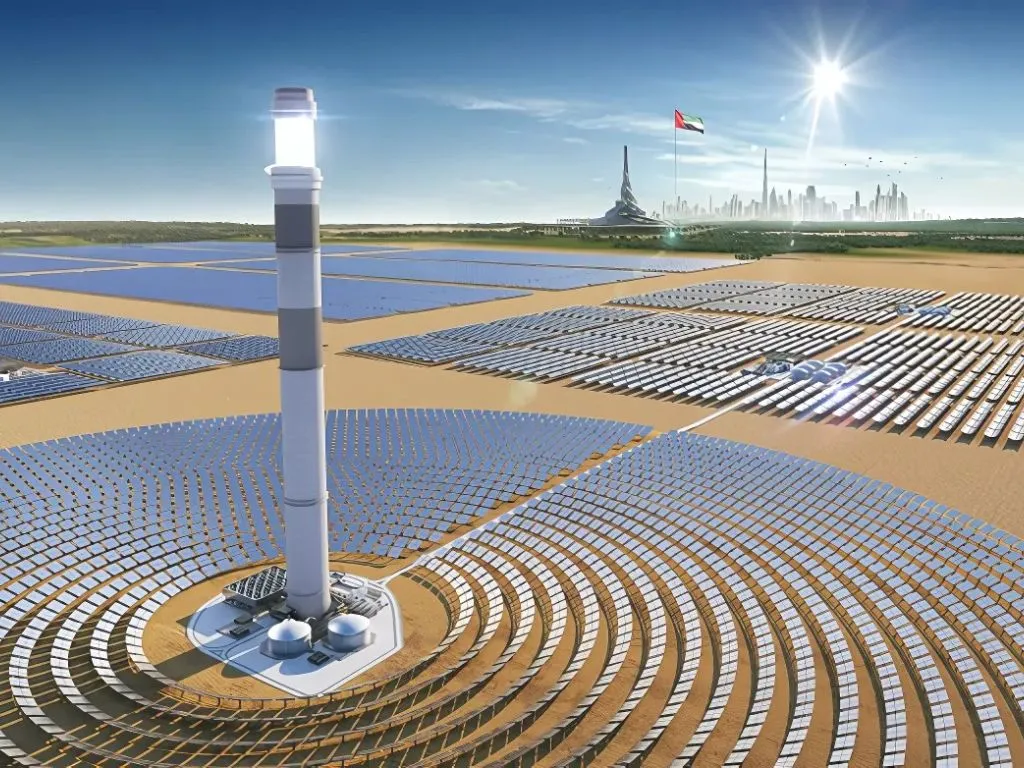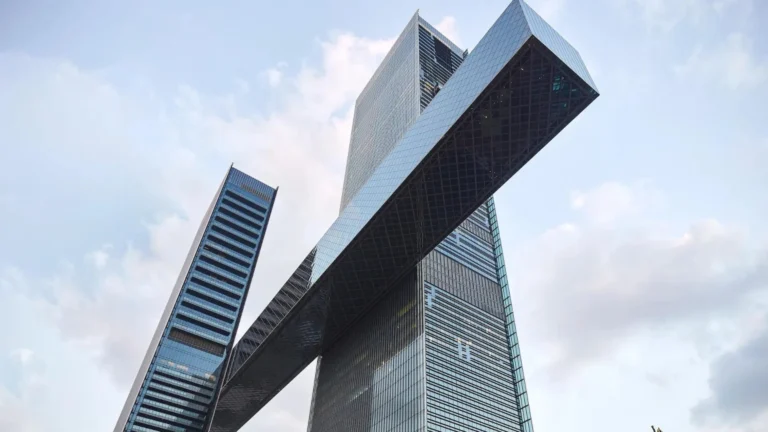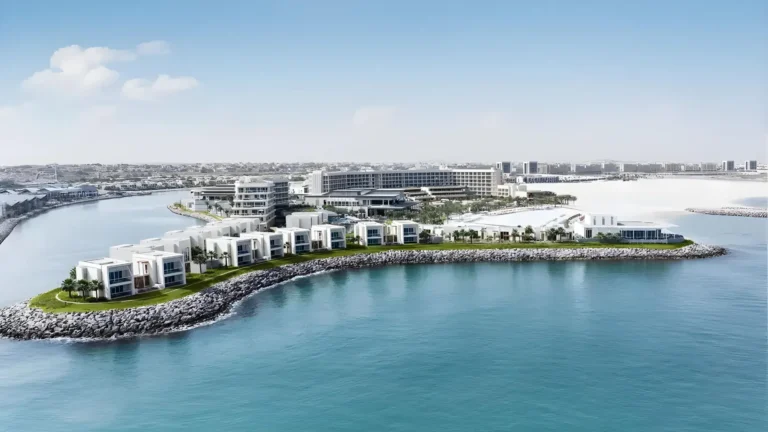Dubai Electricity and Water Authority Dewa’s energy consumption rises by 5.49%. It generated 45.14 terawatt hours (TWh) of power during the first three quarters of 2024. A noticeable increase of 5.49% was seen over the same period in the previous year. This increase indicates the significant development and economic growth of Dubai, UAE, and the strong commitment of DEWA to meet the burgeoning demand of energy. The summer gross heat rate of 7,923 BTU/kWh that was achieved is the best result from DEWA in its journey. This reflects DEWA’s commitment to sustainable operational excellence.
“We are committed to keep pace with the steady increase in demand for energy and water and the growth in population and visitor numbers in Dubai. We support promoting the strong economic performance of the Emirate and building the world’s best and most active economy,” said DEWA.
The above lines aligns with Dubai’s Economic Agenda D33 that aims to double the size of the economy in the next decade, and the We the UAE2031’ vision We spare no efforts to develop our strong and excellent infrastructure and increase the capacity of the distribution and transmission networks to keep pace with the great expansion that the city of Dubai is witnessing.
“This strengthens our global position and ensures that we continue to deliver our services according to the highest standards of availability, reliability, efficiency and sustainability. In the third quarter of 2024, DEWA’s installed generation capacity reached 16.779 GW. Clean power accounted for 17% of the total installed power generation capacity at this period. DEWA is committed to using clean energy to maintain a sustainable generation mix to meet the consistently growing demand,” said the MD & CEO of DEWA; HE Saeed Mohammed Al Tayer.
DEWA’s results exceed major European and American utilities in several key performance indicators. In 2023, DEWA achieved a new world record in Electricity Customer Minutes Lost (CML) per year. Dubai recorded 1.06 minutes per customer, as compared to around 15 minutes recorded by the leading utility companies in the European Union.
Source: Mediaoffice







